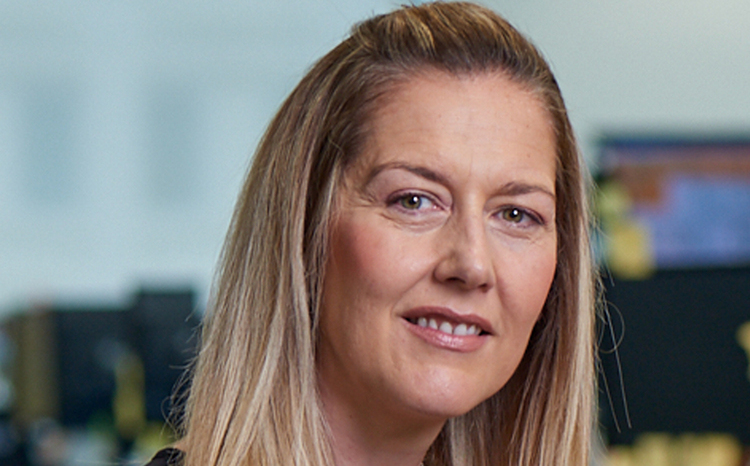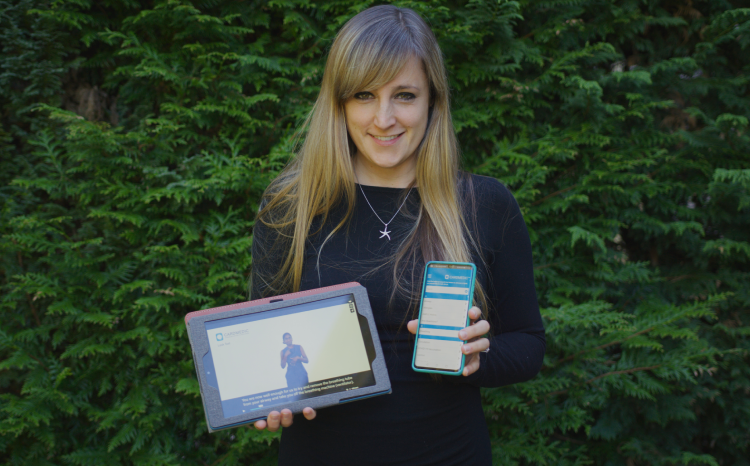Most people open to sharing health data to develop AI in the NHS
- 3 December 2024

- Three quarters (75%) of the public support sharing some of their personal health data for the development of AI systems in the NHS, according to a Health Foundation survey
- Results show that the majority were willing to share data on areas such as their eye health (59%), medicines they are taking (58%), and any long-term illnesses they live with (57%)
- The polling of over 7,000 people across the UK aged 16 and older also revealed differences in willingness to share data between socioeconomic groups
Three quarters (75%) of the public support sharing some of their personal health data for the development of AI systems in the NHS, according to a survey commissioned by think tank the Health Foundation.
The polling, conducted in June and July 2024, which was published on 3 December 2024 by the Health Foundation, featured responses from more than 7,000 members of the public across the UK aged 16 and older.
Results show that 59% were willing to share data on areas such as their eye health, 58% on medicines they are taking, and 57% on long-term illnesses they live with.
However only 47% were willing to share smart phone tracked data such as sleep activity and 44% to share sexual health information.
Dr Malte Gerhold, director of innovation and improvement at the Health Foundation, said: “It is only with the public’s support that the government will successfully achieve its ambition of shifting the NHS from analogue to digital.
“It is encouraging that most people are open to sharing their data to develop AI systems in the NHS.
“When properly implemented, we know that AI has the potential to free up staff by supporting clinical and administrative tasks.
“However, these systems are only as good as the data used to design and develop them.”
People from socioeconomic groups D and E (in households where the main earner is semi-skilled, unskilled or not in work) are significantly less likely to support the use of any of their health data for AI development than people from other socioeconomic groups.
For example, only 16% of people from socioeconomic group A (earners who are higher-managerial, administrative and professional) were not happy for any of their health data to be used, compared to 39% of people from socioeconomic group E (state-pensioners, causal and lowest grade workers and those unemployed with state benefits only).
“There are significant differences between socioeconomic groups in levels of support for sharing data for AI development and for taking part in activities to shape how technology is used in the NHS.
“Policymakers, NHS leaders and those involved in designing and implementing health care technologies must proactively engage with people across different social groups to ensure that health care technologies help tackle inequalities, rather than worsen them,” Dr Gerhold added.
The poll also found that public is hesitant about technologies that might be seen to ‘distance’ patients from health care staff or come between them, such as care robots.
People named the ability to see and talk to NHS staff as their most important consideration about technology use in healthcare, with 39% people aged 65 years and older naming this as their most important consideration.
The poll found that around two-thirds of the public have either high or moderate levels of trust in the NHS with their health data.
In July 2024, the Health Foundation published a survey which found that 76% of NHS staff and 54% of the public support the use of AI to help with patient care
Gerhold will be a keynote speaker at Digital Health Rewired, which takes place on 18-19 March 2025 at the NEC in Birmingham.




